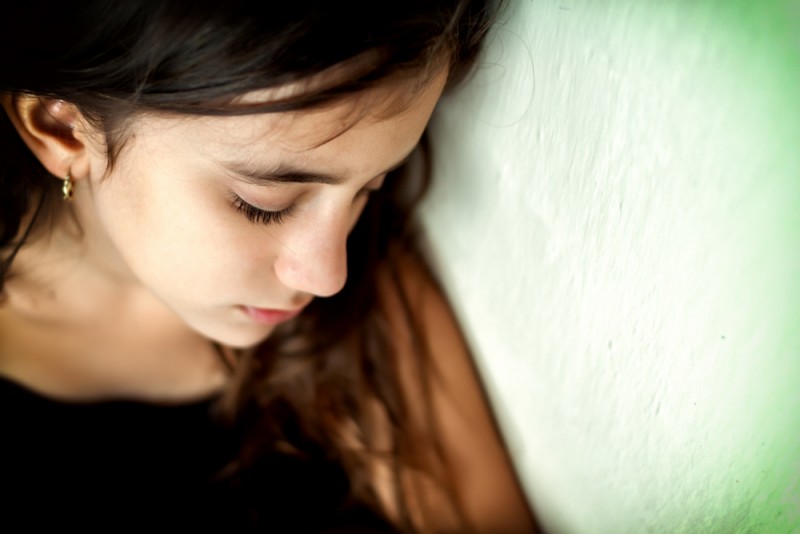Child and Adolescent Safety
The abuse and sexual exploitation of children and adolescents are subjects that cannot be ignored. These are problems on a global scale that demand constant attention from all of us, particularly on the part of parents and governments. On the week we observe World Day Against Child Labour, June 12, there is nothing better than to look for efficient paths that will help these young ones.
The Soccer World Cup and the Olympic Games that Brazil will host in 2014 and 2016, respectively, will bring an enormous flow of tourists to the country, which is very good for trade and the service sectors. However, it boosts the vulnerability of children and young people even further as far as sexual exploitation is concerned.
We are joining forces with countless Third Sector organizations and governments themselves in fighting this terrible violence.

Professor Dalka Chaves de Almeida Ferrari
Sociedade Solidária [Solidary Society] program of Boa Vontade TV (channel 20 on SKY cable TV) interviewed Professor Dalka Chaves de Almeida Ferrari, a member of the board of directors of the Sedes Sapientiae Institute in São Paulo/SP and general coordinator of the Reference Center for Victims of Violence (CNRVV).
According to Professor Ferrari, the safety of children and young people requires a general mobilization: "This work is continuous and one that deserves constant attention from public policy in facing up to this issue. We need to train and make hotel managers and staff, taxi drivers, and people who work at bus terminals and in airports aware of the issue. In terms of politics, every ministry should be trained to face up to this problem."
Breaking the Pact of Silence

Daniel Guimarães
During her talk with sociologist Daniel Guimarães, the host of Solidary Society, Professor Dalka Ferrari also emphasized the essential measures that need to be taken for protecting children from sexual abuse in domestic and social environments: "We need to break the pact of silence and talk about this subject, because it’s still a very veiled topic. It’s somewhat a taboo in society. If we have informed young people, who are aware and alert to the care they must have with their own bodies and the limits that are established, they will feel good about themselves and not let their bodies be invaded. So, it’s almost a self-knowledge re-education process. People have to know themselves and know exactly what they want for their lives and the risks they could run with any involvement they may have." . . .

And she continued emphatically: "All of this is something that needs to be discussed, because if we don’t bring awareness to children, teenagers, young people, and even the parents and teachers who look after these children and adolescents every day, then we’re not going to bring this problem out into the open. People are ashamed to talk about it. They don’t want to face up to it. As young people become independent and discover how to defend themselves, they’ll be able to help other young people. They’ll be multipliers of this knowledge."
As a psychologist and specialist in domestic violence, she stresses: "The main objective of all this is to ensure that they know the risks and the advantages of receiving a World Cup, for example. They need to know even within the family context what are the dangerous situations in which they might get involved or when do they need to defend themselves. Because it’s like this: parental protection exists for a time, but there comes a moment when it’s going to depend on the child and adolescent fleeing, leaving or asking for help because of the risk they’re facing."
We are dealing with a really complex subject and one that must be brought out and discussed in the media, in the home, in churches, in schools, in universities, at work, everywhere, so that we can increase the protection around children and young people. And we should keep the Dial 100 number (Human Rights Hotline) in our phone books so we can denounce incidents and look for help.
The comments do not represent the views of this site and are the sole responsibility of their authors. It denied the inclusion of inappropriate materials that violate the moral, good customs, and/or the rights of others. Learn more at Frequently asked questions.